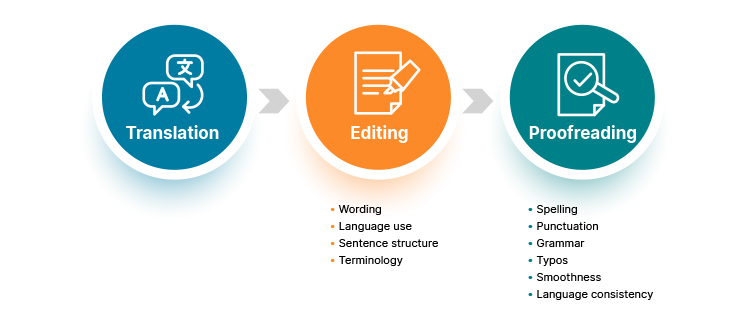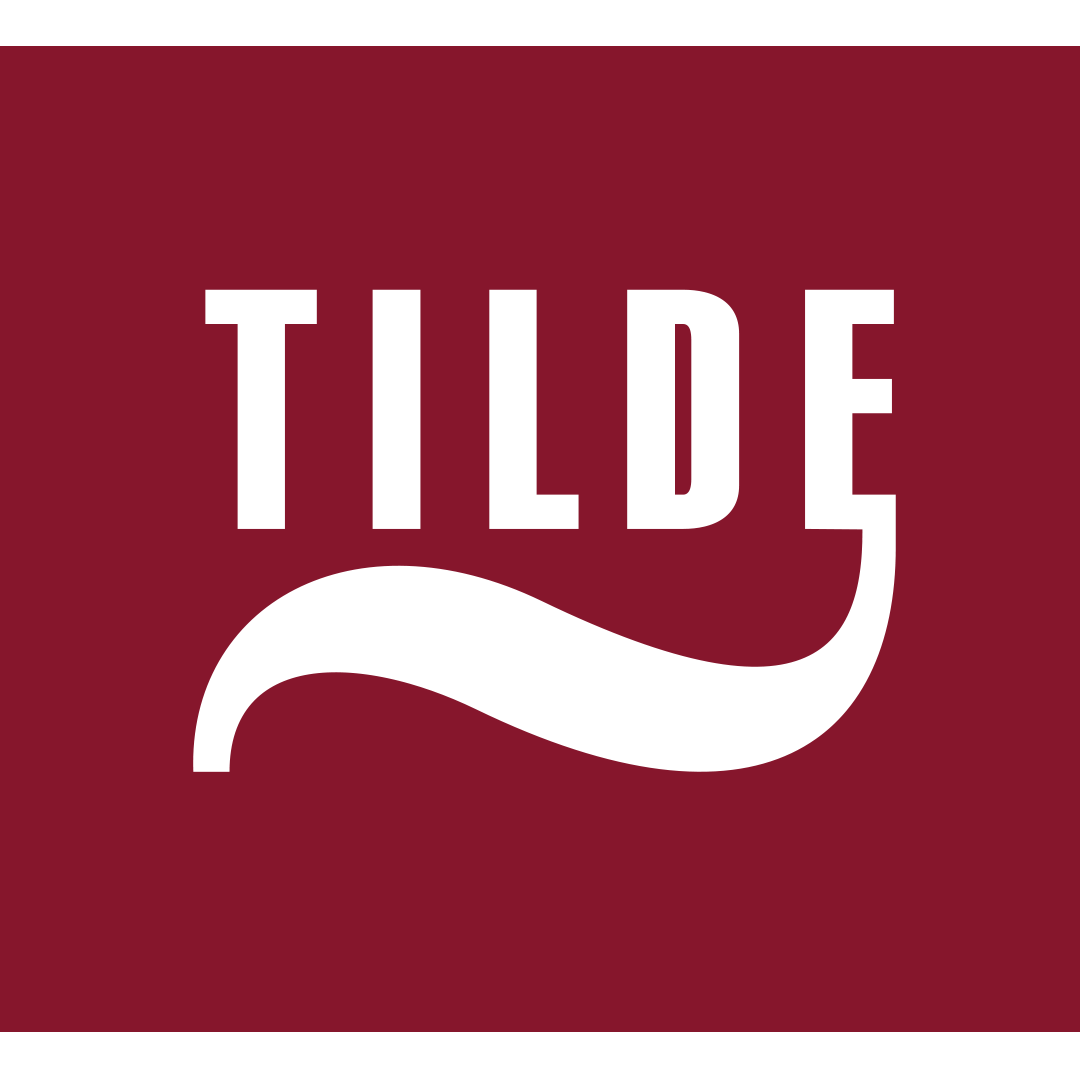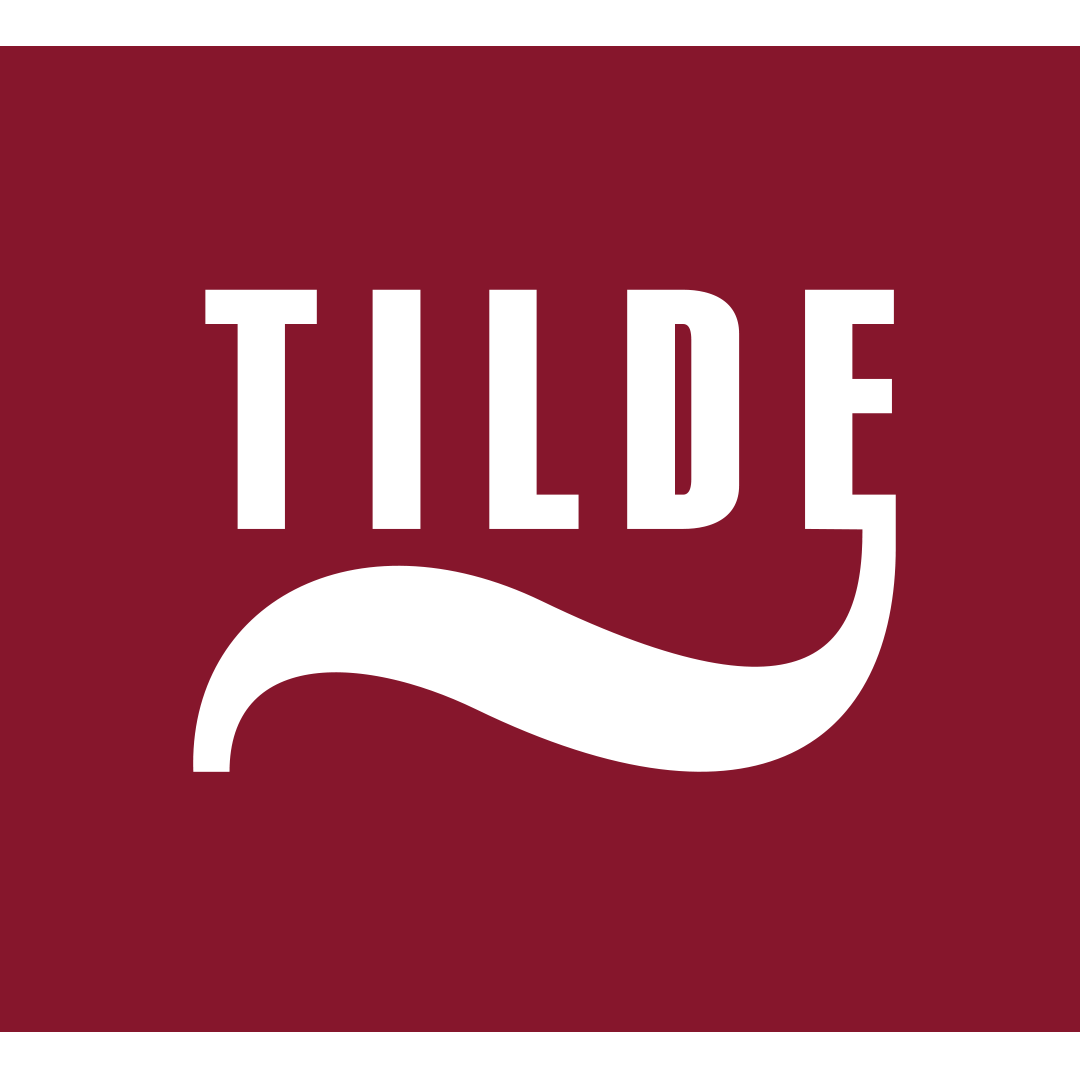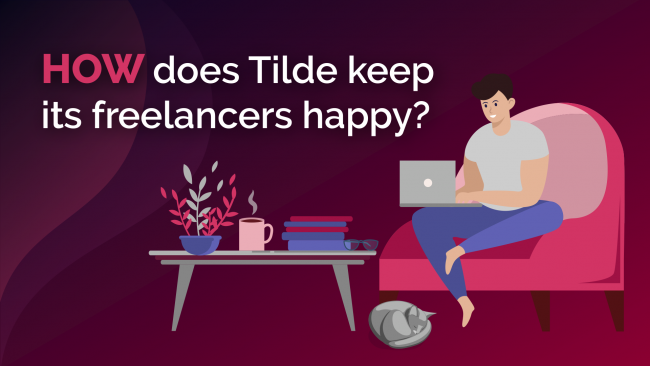In the world of translation, you’ll see many different prices. In fact, the range between different freelancers and translation agencies can be vast depending on a variety of factors.
The first thing to understand is what actually determines the price of a translation. It would be best if you looked at factors such as:
📍 how many words are in the text that you want to be translated,
📍 the languages that you want to translate from and to,
📍 how specific the topic is,
📍 how urgent the translation is.
#1 Translation volume
When looking at prices, it’s essential to consider different volumes of translation, since this is one of the most significant factors contributing to the cost of the translation. Naturally, a longer text costs more, but prices change as the number of words increases. Essentially, the more you translate, the less you pay per word. So, the cost-per-word should be less for 20,000 than 2,000.
This is because professional translators reuse translations, called translation memories, and don’t have to translate every word or phrase if they have already translated it once. The longer you work with a translator, the larger your accumulated translation memories are, and the less you pay for translations.
#2 Language combinations
Translating from English is typically the most cost-effective option. This means creating your content in English and then translating and localising it into other languages. The reason for this is simple – it’s easier and less expensive to find English language translators. In addition, the more unusual language combinations are more expensive, and qualified translators are hard to find.
So, you should always ensure that the original content (the source) is high quality. Spend time getting the source language content right; this will make the translation process easier and faster, resulting in a much better user experience.
#3 Quality
Always ask yourself what quality you need the translation to be. Is it just for information, or will it be published or shared with others?
Some translators do translation only. Others do what’s known as TEP. This stands for Translation, Editing, and Proofreading. Naturally, TEP is more time-consuming, but results in better translations.

TEP will usually cost more than simple ‘translation’ as it is translated by one person, edited by a second and proofed by a third to ensure the text’s quality.
Since 3 highly qualified translators can give you three different but equally correct translations, it is important to work with your translator, so that they can learn your preferred tone of voice and terminology. Even better if you already have a style guide and glossary to give the translator!
#4 Context
It’s also essential to consider the content itself. Translating texts in specialised fields will benefit from “translation memory” (TM) software – a database that stores different chunks of texts (sentences, paragraphs, or phrases) that have already been translated. This can be particularly useful depending on the kind of translation service you need. For example, scientific, legal, and technical translations can be repetitive and use very specific terminology.
As such, a translation memory that has already accumulated previous translations is invaluable and will provide the translator with the exact wording that has been used in previous translations, ensuring consistency of terminology and phrasing. When you work with a translator that uses translation memories and specialises in specific industries, you pay less for the words and phrases that the translator has previously translated and accumulated in a TM. Over time this can bring you substantial savings and the benefit of consistency of your translations.
So, what should you do?
Now that you know what determines the cost of translation, let’s talk about how to ensure you’re paying the right amount.
Naturally, one of the first things you should do is compare translation prices like yours. This means translation in the same language pair, in a similar field, and in an equal volume. As Slator.com, the language technology intelligence site, points out, the average price-per-word can ‘differ significantly depending on the language pair.’
You should look at the reviews and ask the translator to provide a test translation or a sample of their work to evaluate the cost vs quality. It’s easy to think that a translation may cost less because you see another translation agency offering a lower price. However, if the reviews for the agency and the test translation are poor, paying less will cost you more in the long run in time and frustration. So, you need compare prices of reputable translators and agencies.
If you want to ensure you’re not overpaying for your translation, remember to consider the factors we have covered and compare translation prices and quality (from reliable agencies!), and you will be able to establish a relationship with your translator with confidence.
If you regularly need translation, it is worth investing in the time to evaluate and find the best value-for-money partner, right? Why don’t we talk?






